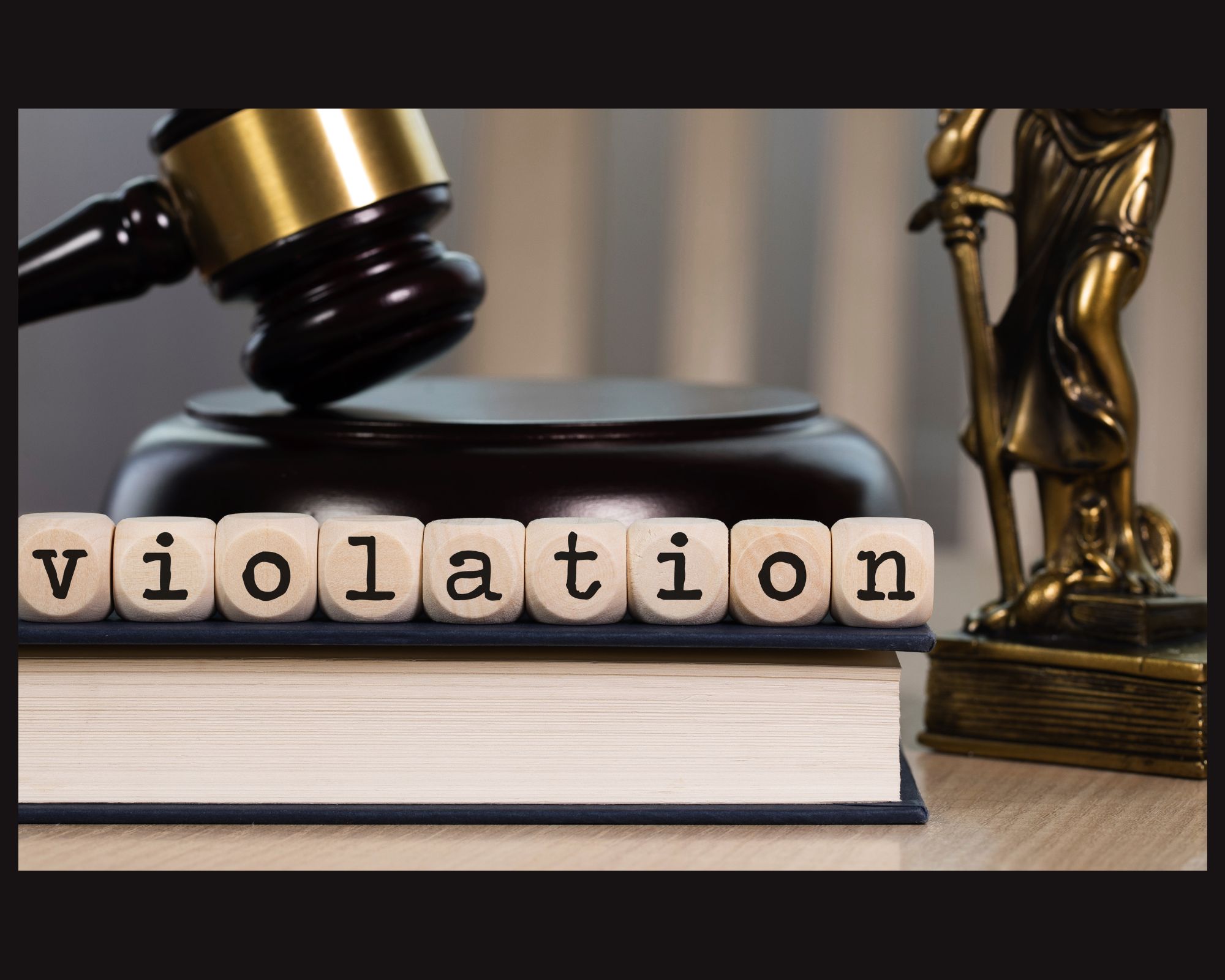Summary:
-
Reports say President Joko Widodo admitted that his country had committed “grave human rights violations”.
-
These included the anti-Communist purge of 1965–1966, the shootings of protesters in 1982–1985, the forced disappearances of 1997–1998, and the Wamena Incident in Papua in 2003. He remarked on Wednesday, “I regret that such violations occurred.
-
“At a routine press conference in Geneva, Liz Throssell, spokesperson for the UN High Commissioner for Human Rights, told the media that “the President’s gesture is a step on the long path to justice for victims and their loved ones.
-
“Historically shocking, according to her, dozens of pro-reform protestors died in killings in the 1980s, and an estimated 500,000 people perished in the anti-Communist crackdown of the 1960s.
-
After the late Abdurrahman Wahid apologized for the killings in 2000, Mr. Widodo is said to be the second Indonesian president to say so in public.
Reports say President Joko Widodo admitted that his country had committed “grave human rights violations.” He also said he was sorry for a dozen incidents from over 50 years ago.
These included the 1965–1966 anti-Communist purge, protester shootings in 1982–1985, forced disappearances in 1997–1998, and the 2003 Wamena Incident in Papua.
He remarked on Wednesday, “I regret that such violations took place.”
At a routine press conference in Geneva, Liz Throssell, spokesperson for the UN High Commissioner for Human Rights, told the media that “the President’s gesture is a step on the long path to justice for victims and their loved ones.”
Historically shocking
According to her, dozens of pro-reform protestors died in killings in the 1980s, and an estimated 500,000 people perished in the anti-Communist crackdown of the 1960s.
Press sources say that the fight for power between Communists, the military, and Islamist groups started when communists were accused of killing six generals during an attempted coup.
After the late Abdurrahman Wahid apologized for the killings in 2000, Mr. Widodo is said to be the second Indonesian president to say so in public.
Moving forward
Last year, the president put together the Team for the Non-Judicial Resolution of Past Serious Human Rights Violations. He did this to keep a promise he made during the 2014 election. The team’s conclusions led to the president’s announcement.
According to Ms. Throssell, “We hope the study will be made public to foster discussion and debate.”
OHCHR asked the government to build on the “tangible steps” that had already been taken to “move forward with a meaningful, inclusive, and participatory transitional justice process.” They also pointed out that the president’s statement “does not rule out further judicial action and commits to reforms that should make sure it doesn’t happen again.”
The OHCHR Spokesperson said this was needed to “guarantee truth, justice, restitution, and that it won’t happen again to victims and affected communities, including victims of sexual violence related to the conflict.”
She said a completeH transitional justice process “will help break the decades-long cycle of impunity, deepen national healing, and strengthen Indonesia’s democracy.”

